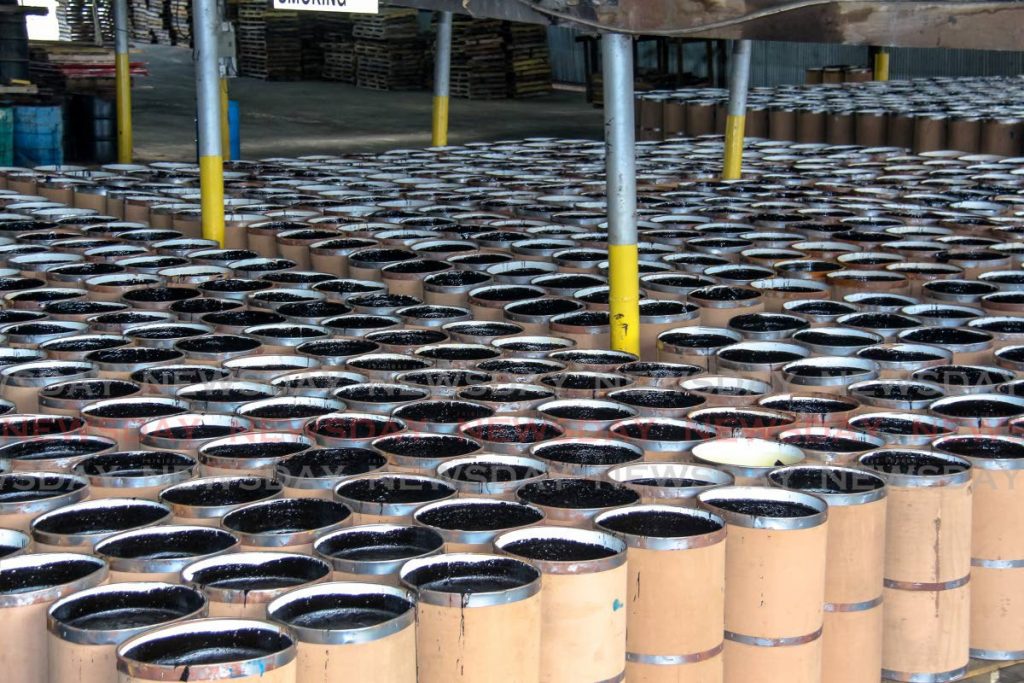Sticky business at Lake Asphalt

Labour Minister Stephen Mc Clashie promised Lake Asphalt (LATT) workers last week that the government won't shut down the company.
The former workers of Petrotrin might have a few choice words to offer about such a promise, which proved to be only a fairweather shield.
Unlike Petrotrin, which depended on imported oil for its economic fortunes, Lake Asphalt presides over one of the great natural resources of the world, a recurring source of raw pitch which demonstrated its value as a caulk for colonisers’ ships in 1595.
The company's flagship product, Trinidad Lake Asphalt (TLA), is the road surfacing material of choice, but it remains a niche, upscale product.
LATT does not fail to point out its more notable successes. TLA was used on the Hong Kong – Zuhai–Macao bridge, currently the longest bridge in the world.
In 2018, ten years after China bought 30,000 metric tonnes of TLA for Olympic infrastructure construction, the Beijing Construction and Engineering Group signed a memorandum of understanding which included the use of TLA for a new Beijing airport and distribution of its products.
The collapse of Petrotrin removed a key component in its product mix, the bitumen left behind in the creation of light hydrocarbons, which provided a supply of asphaltenes for LATT's product line.
Without it, the viability of the company's asphalt products was gutted. The company now imports bitumen from Barbados and Switzerland.
When presented with new product opportunities, LATT failed to make use of them.
LATT is losing millions annually; the problem is less a matter of raw material than of lazy thinking and a sluggish attempt to rethink the company's business.
The company partnered with UWI in 2015 to commercialise the products of the university's research, but neither UWI Plastic Cement or UWI Primer has been marketed in any significant way.
The government announced that it was planning a "revitalisation" of LATT after the company had been left to casually meander for almost a decade. The government hopes to sell a 49 per cent stake in the company to an international partner, but without offering a controlling interest, the failing company is unlikely to find a buyer.
LATT needs reinvention more than it needs revitalisation. The business models that it's coasted along with don't work any more and it must reposition itself as a producer of value, not just a conduit for the country's petroleum resources.
The 300 workers of the company are understandably concerned, because the presence of Lake Asphalt in La Brea reaches deeper into that community than the worker head count.
La Brea exists because of the Pitch Lake. The geography of the region commands it, physically as well as economically. Without a functioning and effective LATT, the already borderline constituency is in danger of collapse.


Comments
"Sticky business at Lake Asphalt"